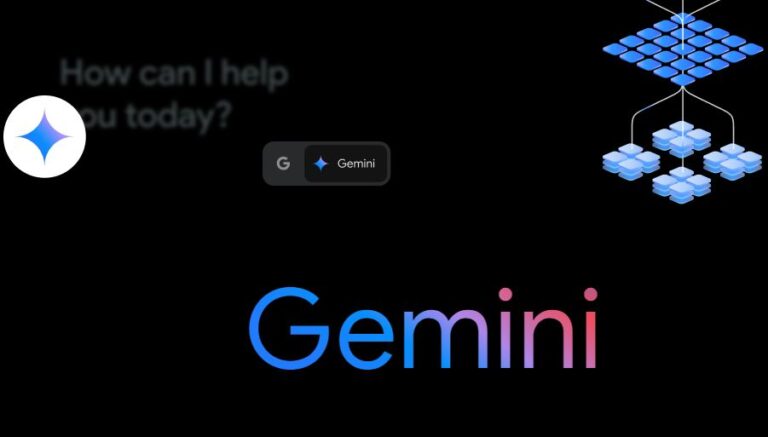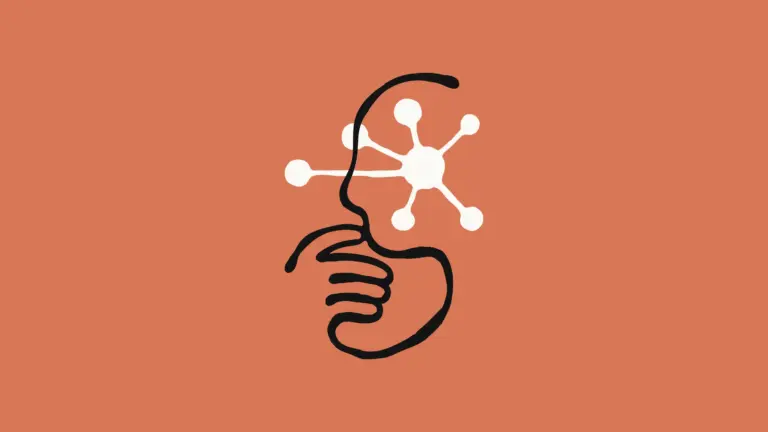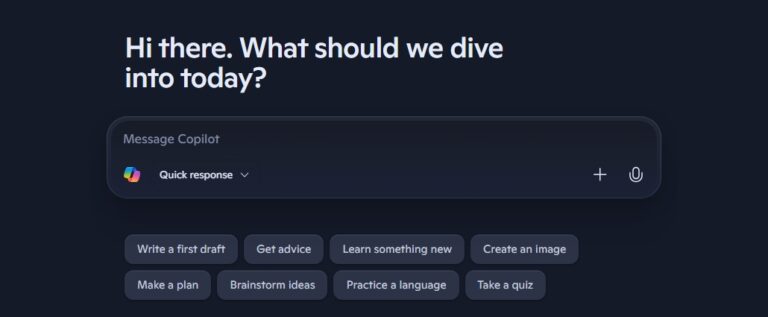Revolutionary Changes in How We Find Information
Search has fundamentally changed. Traditional keyword-based engines that once dominated the internet landscape now compete with intelligent platforms that understand context, interpret natural language, and deliver personalized responses. These AI-powered search engines represent more than technological advancement—they signal a complete transformation in how users interact with information online.
Monthly traffic data reveals fascinating patterns in user preferences. ChatGPT leads with an astounding 5.4 billion visits, while newer entrants like DeepSeek capture significant attention with around 38 million monthly visits. This data demonstrates which platforms users actually choose when seeking AI-enhanced search experiences.
Understanding AI Search Engine Technology
Modern AI search platforms operate through sophisticated natural language processing systems that analyze user intent rather than simply matching keywords. These engines employ large language models trained on vast datasets, enabling them to comprehend context, generate summaries, and provide conversational responses.
The core difference lies in how these systems process queries. Traditional search engines create ranked lists of web pages based on algorithmic relevance scoring. AI search engines interpret questions, synthesize information from multiple sources, and present coherent answers with source citations. This approach eliminates the need to visit multiple websites to gather comprehensive information.
Machine learning algorithms continuously refine these platforms by analyzing user interactions, click patterns, and engagement metrics. This constant learning enables increasingly accurate and personalized results over time.
Leading AI Search Platforms by User Adoption
ChatGPT: The Dominant Force
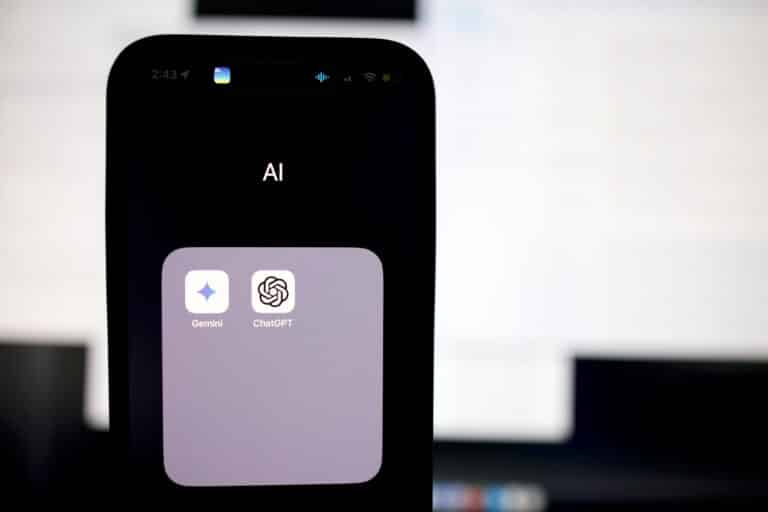
A smartphone with ChatGPT and Gemini assistant apps. Image credit: Solen Feyissa via Unsplash, free license
With 5.4 billion monthly visits, ChatGPT maintains its position as the most popular AI search platform globally. OpenAI’s creation launched in November 2022 and achieved unprecedented growth, reaching 100 million users within two months—the fastest consumer application adoption in history.
ChatGPT Search enhances the platform’s capabilities by connecting its conversational interface with real-time web information. Users can pose complex questions and receive detailed, contextual responses that synthesize current data from across the internet. The platform excels at handling follow-up questions while maintaining conversation context, creating a seamless research experience.
The search functionality activates automatically when queries require current information, seamlessly blending ChatGPT’s conversational abilities with comprehensive web browsing. Premium subscribers gain access to advanced models like GPT-4o, voice interactions, and image generation capabilities.
DeepSeek: Rapid Market Entry into AI Search
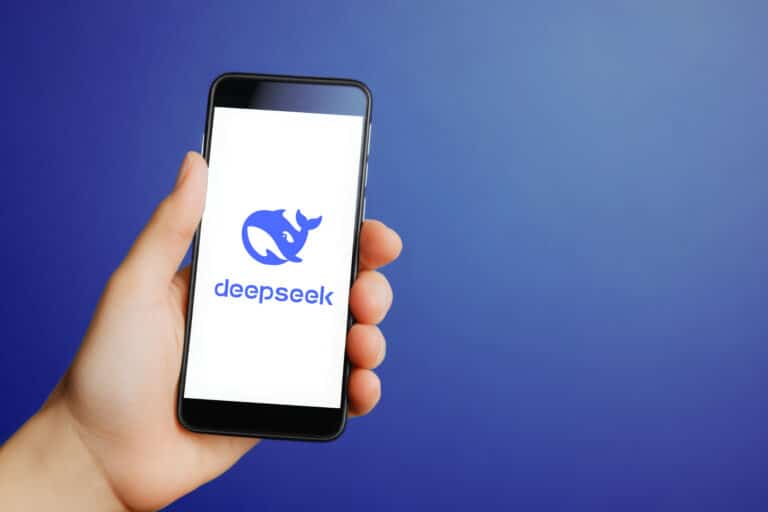
DeepSeek logo on a smartphone screen. Image credit: Tim Reckmann via Flickr, CC BY-NC 2.0 license
DeepSeek emerged as a significant player in February 2025, quickly accumulating 38 million monthly visits. This Chinese AI platform gained attention by claiming development costs of approximately $6 million—dramatically lower than competitors who invested billions in research and development.
The platform offers competitive AI assistant capabilities powered by the DeepSeek-V3 model. Within months of launch, DeepSeek achieved over 75 million downloads across mobile platforms and maintains an estimated user base between 5-6 million globally, with daily active users exceeding 1.8 million.
Google Gemini: Established Player Seeking Growth
Google Gemini, formerly known as Bard, receives around 400 million monthly visits despite Google’s dominance in traditional search. Launched in March 2023, Gemini operates as an interactive AI assistant separate from Google’s AI Overviews feature integrated into standard search results.
Gemini leverages Google’s LaMDA and PaLM language models to provide conversational responses. While benefiting from Google’s vast data resources and technical infrastructure, Gemini faces adoption challenges compared to competitors like ChatGPT. The platform continues evolving to capture greater market share in the AI search space.
Perplexity AI: Research-Focused Excellence
Perplexity AI attracts around 126.6 million monthly visits by positioning itself as a conversational search engine with academic rigor. Founded in August 2022 by former OpenAI and Meta researchers, the platform distinguishes itself through comprehensive source citations and real-time information synthesis.
The platform excels at summarizing complex topics and providing inline citations for verification. Perplexity’s interface combines chatbot convenience with search engine functionality, allowing users to explore topics through follow-up questions while maintaining research context. The platform serves over half a billion requests and maintains 10 million monthly active users.
Investment backing from Jeff Bezos and Nvidia reflects confidence in Perplexity’s approach to AI-enhanced research and information discovery.
Claude AI: Anthropic’s Safety-First Approach
Claude AI generates 113.3 million monthly visits through its emphasis on helpful, harmless, and honest AI interactions. Developed by Anthropic—founded by former OpenAI executives in 2021—Claude implements Constitutional AI frameworks to ensure ethical and safe responses.
Unlike many competitors, Claude currently lacks real-time web search capabilities, focusing instead on providing thoughtful responses based on its training data. This limitation positions Claude more as a research assistant than a comprehensive search engine, though the platform maintains strong user loyalty for complex reasoning tasks.
Microsoft Copilot: Integrated Ecosystem Advantage
Microsoft Copilot attracts 83.6 million monthly visits by leveraging integration across Microsoft’s product ecosystem. Available through Bing Search, Microsoft 365 applications, Windows, and GitHub, Copilot provides AI assistance embedded within familiar productivity tools.
The platform’s strength lies in contextual assistance within existing workflows rather than standalone search experiences. Copilot helps users with document creation, data analysis, and code development while maintaining access to current web information through Bing integration.
Technical Capabilities and User Experience Differences
Natural Language Processing Sophistication
Each platform employs different approaches to understanding user queries. ChatGPT excels at conversational interactions and context retention across lengthy discussions. Perplexity specializes in academic-style research with comprehensive source documentation. Google Gemini leverages vast training data for broad knowledge coverage.
Real-Time Information Access
Search capabilities vary significantly across platforms. ChatGPT Search and Perplexity provide current web information with source citations. Google Gemini accesses Google’s search infrastructure but operates separately from standard search results. Claude lacks real-time web access, relying on training data.
Response Formatting and Presentation
User interface design influences adoption patterns. ChatGPT presents responses in clean, conversational formats ideal for extended interactions. Perplexity emphasizes academic-style citations and source verification. Google Gemini integrates with Google’s broader service ecosystem for seamless transitions between AI assistance and traditional search.
Follow-Up Question Handling
Context retention capabilities differ across platforms. ChatGPT and Perplexity excel at maintaining conversation threads and building upon previous queries. This functionality enables iterative research processes where users refine questions based on initial responses.
Privacy and Data Considerations
User privacy approaches vary among AI search platforms. Some engines prioritize data minimization and offer ad-free experiences, while others leverage user data for personalization improvements. Privacy-focused platforms like Brave Search emphasize user protection, though they maintain smaller user bases compared to mainstream alternatives.
Transparency regarding data usage, training methodologies, and source attribution influences user trust and platform selection. Users increasingly consider these factors when choosing between AI search alternatives.
The Future Trends in AI Search
Current usage patterns suggest a multi-platform future where users select different AI search engines based on specific needs. ChatGPT dominates general conversational search, while specialized platforms like Perplexity excel in research contexts. Traditional search engines continue integrating AI features to compete with dedicated AI platforms.
Emerging trends include enhanced multimodal capabilities combining text, voice, and image inputs. Real-time information processing continues improving, reducing the gap between query submission and current event coverage. Personalization algorithms become more sophisticated while balancing privacy concerns.
Competition drives rapid innovation across the AI search landscape. Platforms continuously add features, improve accuracy, and expand capabilities to capture and retain user attention in this dynamic market.
Key Takeaways for Users
The most popular AI search engines each serve distinct user needs. ChatGPT leads in overall adoption through superior conversational capabilities and comprehensive feature sets. Perplexity attracts research-focused users seeking academic-quality citations. Google Gemini provides familiar integration for existing Google service users.
User preferences depend on specific requirements: conversational assistance, research depth, privacy protection, or ecosystem integration. The current landscape offers multiple viable options, allowing users to select platforms aligned with their individual search patterns and information needs.
As AI search technology continues evolving, user adoption patterns will likely shift based on feature improvements, accuracy enhancements, and emerging capabilities. The platforms that best serve user needs while maintaining trust and reliability will ultimately dominate this transformative space.
If you are interested in this topic, we suggest you check our articles:
- AI-Powered Search Evolves with Reddit Answers
- Avoid This When Entering Prompts for AI Search Tools
- Perplexity’s Challenge to Google’s Search Dominance
- Where Search LLMs Crawl Their Data?
- The Impact of AI Overviews on Search and Website Engagement
Written by Alius Noreika

